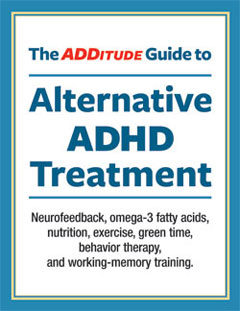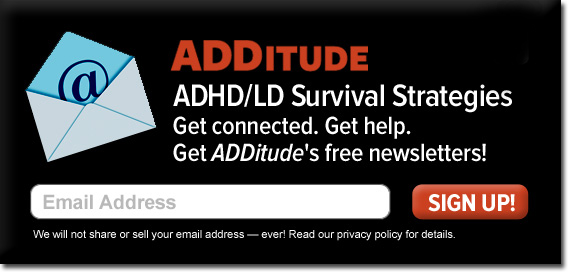You sit in a chair, facing a computer screen, while a clinician sticks electrodes to your scalp with a viscous goop that will take days to wash out of your hair. Wires from the sensors connect to a computer programmed to respond to your brain's activity.
Try to relax and focus. If your brain behaves, you'll get soothing sounds and visual treats, like images of exploding stars or a flowering field. If not, you'll get silence, a darkening screen, and wilting flora.
This is neurofeedback, biofeedback for the brain, which, practitioners say, can address a host of neurological ills — among them ADHD, autism, depression, and anxiety — by allowing patients to alter their own brain waves through practice and repetition.
The procedure is controversial, expensive, and time-consuming. An average course of treatment, at least 30 sessions, can cost $3,000 or more, and few health insurers will pay for it. Still, it appears to be growing in popularity.
Cynthia Kerson, executive director of the International Society for Neurofeedback and Research, an advocacy group for practitioners, estimates that 7,500 mental health professionals in the United States offer neurofeedback and that more than 100,000 Americans have tried it over the past decade.
The treatment is gaining attention from mainstream researchers, including some former skeptics. In recent years, several non-blind, randomized clinical trials have shown a medium-to-large benefit from neurofeedback for subjects with ADHD.
Recently, the Journal of Attention Disorders published results from the first study of neurofeedback for ADHD to be funded by the National Institute of Mental Health. The pilot study, with 36 subjects, was intended to see whether a larger trial was feasible and necessary, and the conclusion was that both were the case. The study's authors, led by L. Eugene Arnold, M.D., an emeritus professor of psychiatry at Ohio State, are now seeking funds for a large, double-blind study.
In an interview, Arnold noted that there had been "quite a bit of improvement" (as reported by parents and teachers) in the behavior of many of the children in the pilot study who had received genuine neurofeedback as opposed to a sham treatment.
Several other mainstream academic experts have found similar results. John Kounios, Ph.D., a professor of psychology at Drexel University, published a small study, nearly a decade ago, suggesting that the treatment sped up cognitive processing in elderly people. "There's no question that neurofeedback works, that people can change brain activity," he says. "The big questions we still haven't answered are precisely how it works and how it can be harnessed to treat disorders."
Russell A. Barkley, Ph.D., a professor of psychiatry at the Medical University of South Carolina, and a leading authority on attention problems, has long dismissed claims that neurofeedback can help. But Dr. Barkley says he was persuaded to take another look after Dutch scientists published an analysis of international studies finding significant reductions in both impulsiveness and inattention.
Still, Dr. Barkley cautions that he has yet to see credible evidence confirming claims that such benefits can be long-lasting, much less permanent. Another mainstream expert is much more disapproving. William E. Pelham, Jr., director of the Center for Children and Families at Florida International University, called neurofeedback "crackpot charlatanism." He warned that exaggerated claims might lead parents to favor it over proven options like behavioral therapy and medication.
Next: Neurofeedback: How It Works






